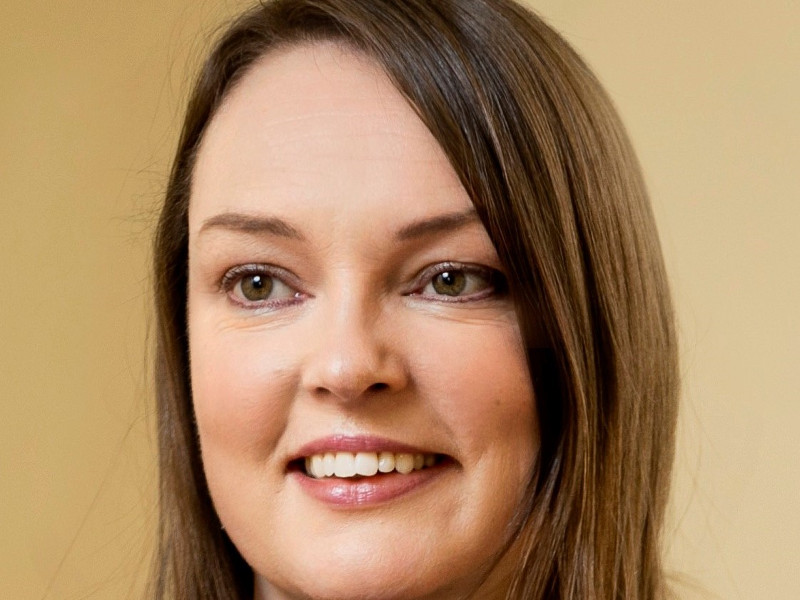In the continuing effort to attract and retain the best talent as well as maintain good employee engagement, the idea of employee ownership trusts are gaining traction among SMEs, writes John Cradden.
An employee ownership trust (EOT) is a trust that enables a company to become owned by its employees. It can be set up by a company’s existing owners, perhaps as part of their exit or succession planning strategy, or by founders starting a new business that they wish to be employee-owned.
Under the EOT model, employees don’t own shares directly in the company, rather a controlling interest in the company is transferred to an all-employee trust which is then held for the benefit of employees.
“The success of employee ownership trusts in the UK hasn’t gone unnoticed in Ireland”
Studies from the UK and the US have shown that employee-owned businesses are more productive, more resilient, create more jobs, pay better, invest more in training and development, and offer better working conditions. By involving employees in business decisions they create a culture of ownership and collective responsibility for the company’s performance.
Over the last decade the take up of EOTs has enjoyed a considerable boost in the UK thanks to the introduction in 2014 of an taxation regime under which business owners can sell their shares to an employee-owned trust without having to pay capital gains tax.
Worth their weight in gold?
According to a comprehensive analysis of the success of the UK scheme commissioned by the Employee Ownership Association in 2023, employee owners are 8% to 12% more productive than non-owners. EOTs also pay out twice as much in bonuses and dividends to employees whilst being five times less likely to make them redundant. The study also revealed that (as of October 2023) there were at least 1,650 employee owned businesses, and that the sector has grown at an average rate of 16% between 2011 and 2023.
The success of EOTs in the UK hasn’t gone unnoticed in Ireland. A recent government report by economic research firm Indecon, which took on board responses from the Government’s public consultation on the taxation of share-based remuneration in Ireland, has recommended adopting a similar EOT model to reform the tax treatment of these trusts, making them more attractive for employee share ownership schemes here.
For now, the tax treatment of EOTs in Ireland isn’t particularly advantageous, nor are there any other incentives – financial or otherwise – to encourage firms here to adopt this approach.
The Irish ProfitShare Association says that by allowing a business owners to sell their company to their employees rather than to a competitor, an EOT also secures the jobs of workers and ensures a that company remains in its community.
Currently, if a business owner wants to exit their business, their options typically include selling to trade buyers, private equity firms or the next generation in their family, which would normally attract capital gains tax of 33%.
However, the IPSA says selling shares to an EOT may result in a tax bill higher than 33%. For instance, EOTs are considered “discretionary trusts” and attract a tax that kicks in when the person who sold their shares to it dies. This means a 6% tax charge is placed on the trust, with a 1% levy applied yearly.
As well as recommending a taxation regime similar to that of the UK, the Indecon report also makes recommendations on a number of other aspects to share-based renumeration (SBR).
This included enhancing the attractiveness of the KEEP (Keep Employee Engagement Programme) scheme, the tax treatment of RSUs (Restricted Stock Units), limiting PRSI exemptions for share schemes, and initiatives to simplify the administrative burden on companies providing SBR in order to increase participation.
Employee ownership has been a feature in Irish business but mostly in the semi-state sector, such as ESB and Eircom. However, they have used Employee Share Ownership Trusts (ESOTs), which differs from EOTs in that shares are held in the trust for a set period and then transferred tax-free to employees under an Revenue-Approved Profit Sharing Scheme.
Employees become partners
But despite the lack of financial and taxation breaks specifically for EOTs, one company that has chosen to go down this route here is so convinced of its inherent advantages that it has been leading a campaign to create meaningful incentives to set them up.
In a deal thought to be the first of its kind for an Irish firm, Wolfgang Digital transitioned to an EOT in 2024, and where all employees with over 12 months service become partners.
Starting with a 25% ownership stake, the scheme will see an employee-owner trust gradually acquire a majority stake in the digital marketing business over time and is modelled on the successful John Lewis Partnership in the UK, where permanent staff at the retail giant are its full owners.
Under the company’s initiative, employees will receive regular profit shares every three months in addition to their salary, and a portion of the company’s profits will be reinvested every year to facilitate the trust’s aim of gradual acquiring majority ownership within a decade, subject to profitability. If employee owners leave the company, their co-ownership ends.
The company has set up Employee Ownership Ireland, an information website espousing the benefits of EOTs and arguing for taxation incentives that have been so effective in the UK.
Since then, there has been some movement in terms of reforming the rules for EOTs in Ireland. In June 2025, a meeting took place between the Irish ProShare Association (IPSA) and the Department of Finance, during which the IPSA proposed a two-stage approach to growing employee ownership here, starting with making EOTs exempt from the discretionary trust tax regime, and followed by a wider reform of the EOT taxation regime in line with what exists in the UK.
If political support continues to grow, the IPSA says decisions about EOT taxation could be considered through the normal Irish budgetary process, and changes could be announced in Budget 2026 later this year.
-
Bank of Ireland is welcoming new customers every day – funding investments, working capital and expansions across multiple sectors. To learn more, click here
-
For support in challenging times, click here
-
Listen to the ThinkBusiness Podcast for business insights and inspiration. All episodes are here. You can also listen to the Podcast on:
-
Spotify
-
SoundCloud
-
Apple





